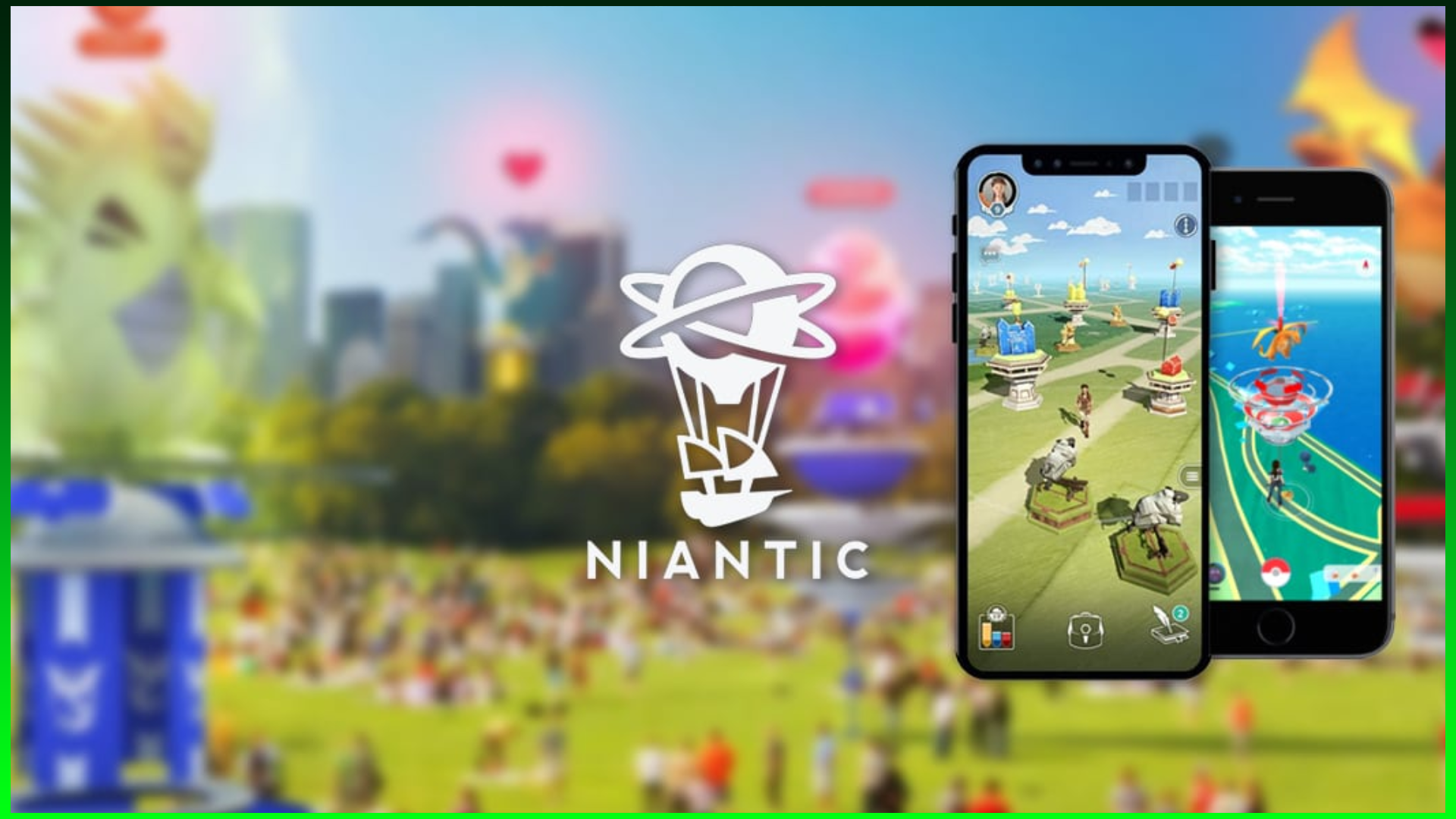
Niantic, a pioneering game developer best known for its hit game Pokémon Go, has long been synonymous with augmented reality gaming. It earned a reputation for turning ordinary streets into magical gaming landscapes, encouraging players to explore the world around them while hunting for virtual creatures. Its innovative approach to gaming drew millions of players into its virtual worlds, blending physical activity and social engagement.
Niantic began as an internal startup within Google before becoming an independent entity in 2015. With Pokémon Go’s release in 2016, the company skyrocketed to fame, redefining mobile gaming by integrating AR technology into gameplay. The app became a cultural phenomenon, attracting players of all ages. Niantic continued to expand its portfolio with titles like Ingress and Harry Potter: Wizards Unite, cementing its position as a leader in the AR gaming industry.
However, even with its success, Niantic faced challenges. In 2023, the company had to downsize significantly due to financial difficulties and unmet internal goals. This included the closure of its Los Angeles studio and layoffs impacting 230 employees. These cuts highlighted the pressures of sustaining its ambitious projects and maintaining profitability in a competitive market.
Fast forward to 2025, Niantic has entered a new chapter with its acquisition by Scopely for $3.5 billion. Scopely, a renowned gaming company under Saudi Arabia’s Savvy Games Group, now owns Niantic’s gaming division. This acquisition has led to significant restructuring, including the formation of Niantic Spatial—a new entity focusing on geospatial AI technology.
As part of this transition, Niantic announced that it would lay off 68 employees, effective May 20, 2025. The layoffs, according to CEO John Hanke, are aimed at aligning the company with its new startup-like approach and geospatial AI focus. Hanke assured that these layoffs are not performance-related but are necessary for streamlining operations.
With Scopely’s involvement, there have been concerns among players about potential changes to Niantic’s games, particularly Pokémon Go. However, Niantic has reassured fans that the core experience of its games will remain intact under the new leadership. Despite the challenges, Niantic continues to boast a robust player base, with over 30 million monthly active users across its games.
The acquisition represents a pivotal moment for Niantic, as it shifts from its gaming roots to explore broader applications of geospatial AI. Whether this new direction will yield success and innovation remains to be seen, but Niantic’s journey thus far underscores its resilience and adaptability.

